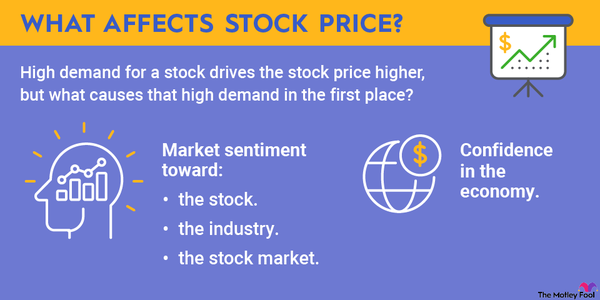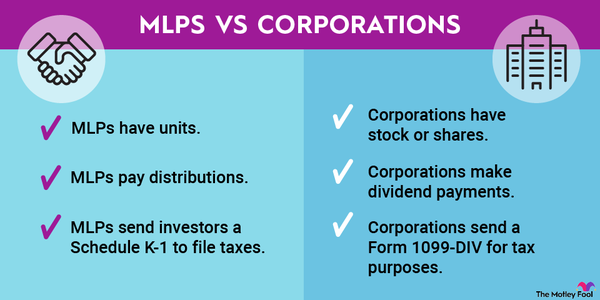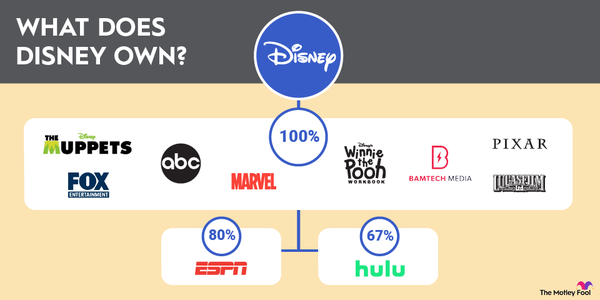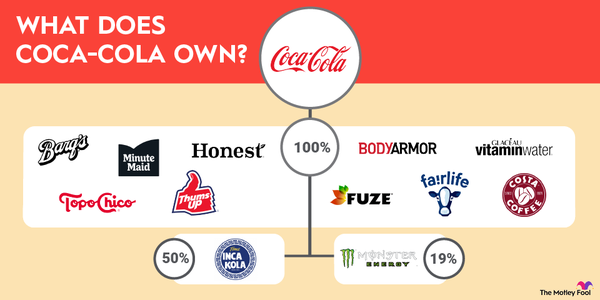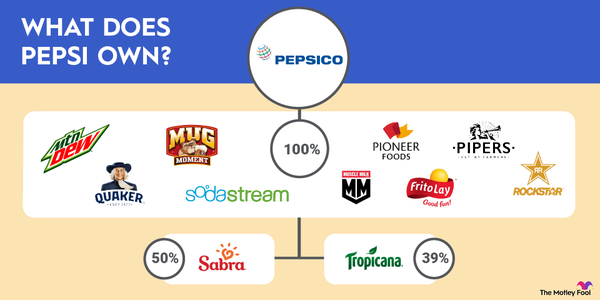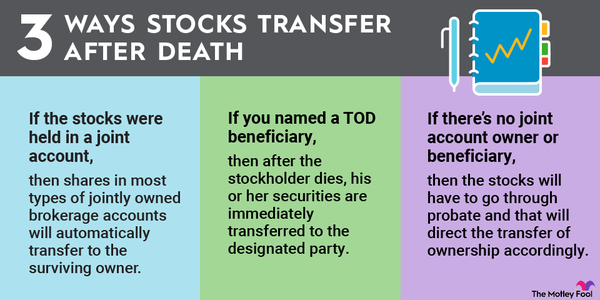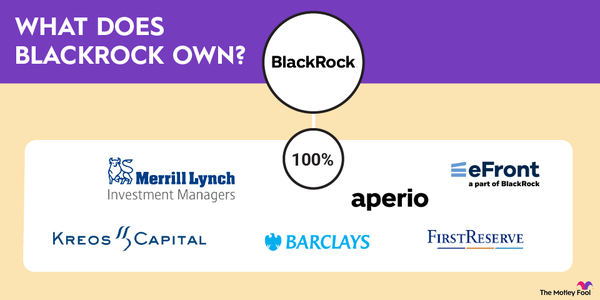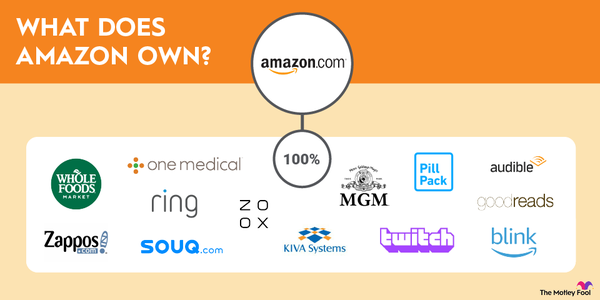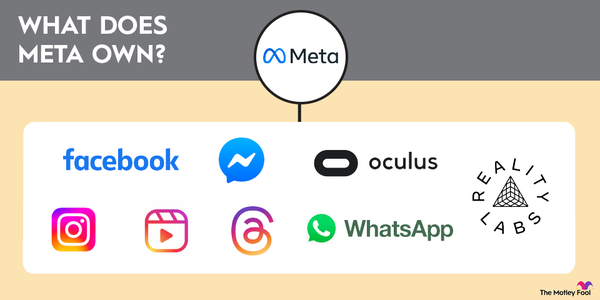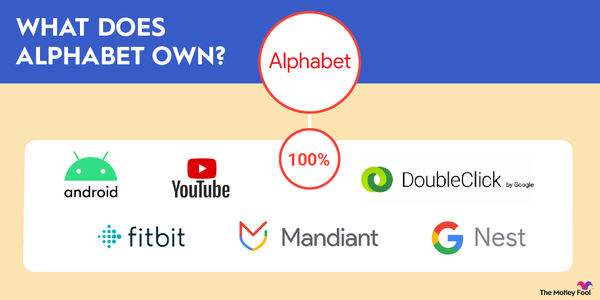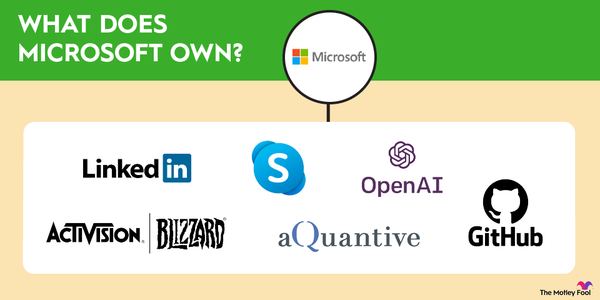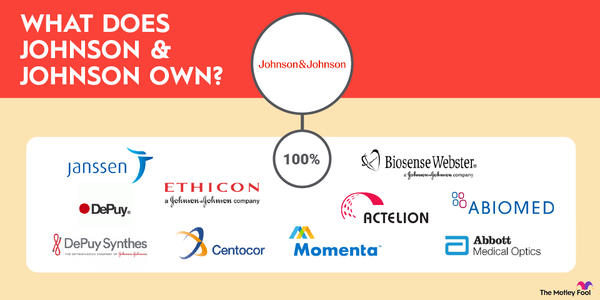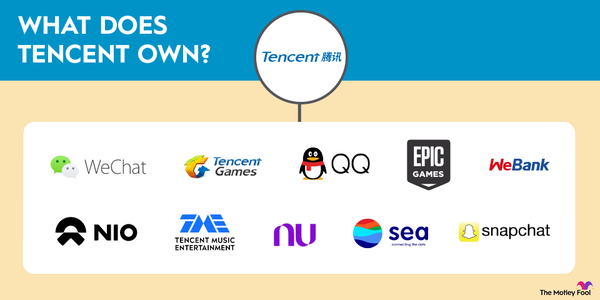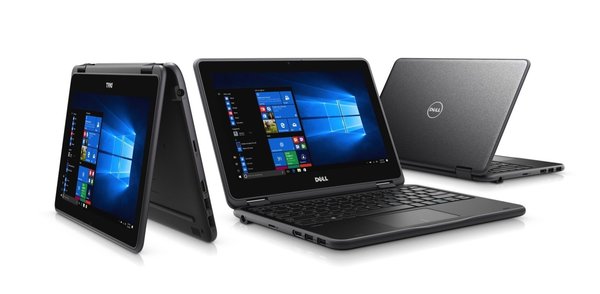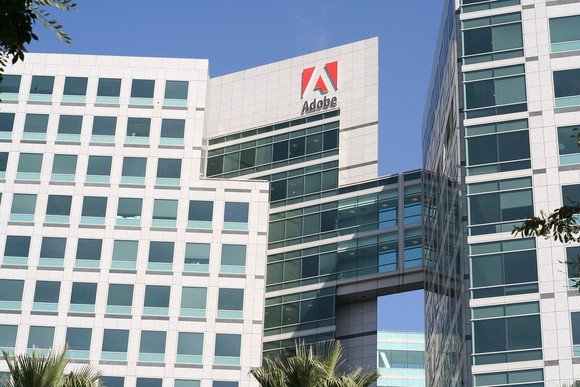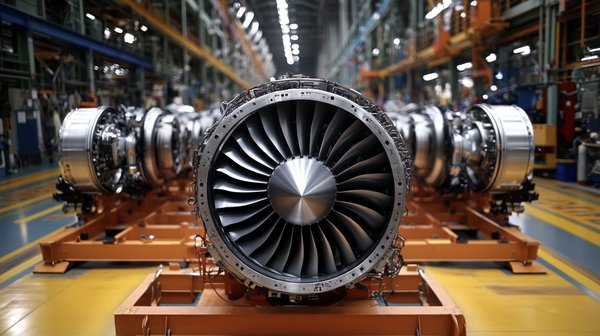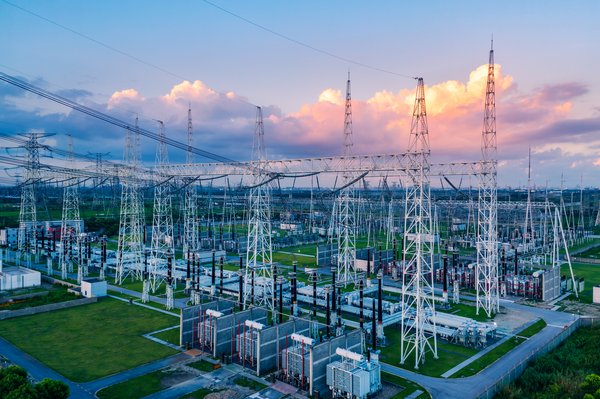Helion Energy has a bold goal to do what no company has ever done: harness the immense power of fusion energy. Fusion, the process that the sun and stars use to create energy, could provide the world with an abundant form of low-cost, emissions-free energy. Fusion energy could help solve climate change by providing the world with a large-scale clean power source.
Many believe fusion power is still decades away. However, Helion Energy plans to start producing electricity from fusion by 2028. It has already agreed to supply tech titan Microsoft (MSFT -0.1%) with at least 50 megawatts of fusion electricity per year in 2028. If it doesn't, it will have to pay financial penalties.
Microsoft isn't the only big name in tech that believes in Helion's ability to unlock the power of fusion. OpenAI's founder and CEO, Sam Altman, is one of the company's top investors, and his artificial intelligence (AI) startup is looking to buy lots of fusion power from Helion Energy.

Fusion's promise and Helion Energy's big-name backers have many investors eagerly anticipating its initial public offering (IPO). Here's everything you need to know about investing in Helion Energy ahead of any future IPO.
Is it publicly traded?
Is Helion Energy publicly traded?
Helion Energy is not a publicly traded company. It's a private company owned by Altman and other investors, including Mithril Capital, Capricorn Investment Group, and Dustin Moskovitz.
IPO
When will it IPO?
When Will Helion Energy IPO?
Helion Energy didn't have an IPO on the calendar as of mid-2024. The company was still in the early stages of development. It aims to begin generating electricity from fusion power by 2028, which it will provide to technology titan Microsoft. It has raised more than $500 million from investors to bring its bold vision to life. Helion Energy will likely wait until it's further along in its development, including proving it can produce power from fusion, before going public.
How to invest
How to buy Helion Energy stock
Because Helion Energy is still a private company, you can't buy its shares in a brokerage account. However, accredited investors (i.e., those with a high net worth or high income) can sometimes buy shares of pre-IPO companies on secondary marketplaces, like Forge Global (FRGE 3.12%) and Hiive. Accredited investors who really want to buy pre-IPO shares of Helion should check out secondary market platforms to see if any have shares of the fusion company available.
Non-accredited investors will need to wait for Helion Energy's IPO to buy shares. In the meantime, they can invest in a company that, like Helion Energy, is seeking to help address climate change by investing in emissions-free energy sources. Here are three alternatives in the nuclear energy sector to consider buying while you await Helion Energy's IPO:
Oklo
Oklo (OKLO 2.67%) is another nuclear energy company backed by Altman. It's developing a small modular nuclear reactor design and plans to sell electricity to the power market. Oklo went public in 2024 through a business combination with a special purpose acquisition company (SPAC). The transaction provided money to help fund the initial development of its Aurora powerhouse.
Constellation Energy
Constellation Energy (CEG 0.82%) is the nation's largest producer of carbon-free energy. It has the country's largest nuclear fleet. The power company also operates hydro, wind, and solar energy assets. Constellation Energy is exploring the potential of adding small modular reactors and other technology to its existing sites as it seeks to expand its nuclear energy generating capacity.
Cameco
Cameco (CCJ -0.89%) is one of the world's largest uranium producers. It also has a strategic partnership with Brookfield Asset Management (BAM 0.37%) and its renewable energy affiliate, Brookfield Renewable (BEP 1.59%)(BEPC 2.24%), which owns the nuclear service company Westinghouse Electric. Along with providing fleet services, Westinghouse designed the AP100 reactor and has smaller reactor designs under development.
People who want to invest in one of these publicly traded nuclear companies can do so through any brokerage account. Here's a step-by-step guide on how to invest in stocks seeking to capitalize on the growth ahead for lower-carbon energy.
Step 1: Open a brokerage account
You'll have to open and fund a brokerage account before buying shares of any company. If you still need to open one, here are some of the best-rated brokers and trading platforms. Take your time researching the brokers to find the best one for you.
Step 2: Figure out your budget
Before making your first trade, you'll need to determine a budget for how much money you want to invest. You'll then want to decide how to allocate that money. The Motley Fool's investing philosophy recommends building a diversified portfolio of 25 or more stocks you plan to hold for at least five years.
That might seem like a daunting task for those starting out. However, you don't have to get there right away. For example, if you have $1,000 available to start investing, you might want to begin by allocating that money equally across 10 stocks and then grow your investment portfolio from there.
Step 3: Research related companies
It's essential to research a company thoroughly before buying its shares. You should learn how it makes money and study its balance sheet and other factors to ensure you have a solid grasp on whether the company can grow value for its shareholders over the long term.
You should also research related companies. Some notable companies operating in the nuclear energy space are Oklo, Constellation Energy, and Cameco. Investors should take the time to research these rivals before buying shares of Helion Energy or another company focused on emission-free energy sources.
Step 4: Place an order
Once you've opened and funded a brokerage account, set your investing budget, and researched the stock and its competitors, it's time to buy shares. The process is relatively straightforward. Go to your brokerage account's order page and fill in all the relevant information, including:
- The number of shares you want to buy or the amount you want to invest to purchase fractional shares.
- The stock ticker (OKLO for Oklo, CEG for Constellation Energy, and CCJ for Cameco).
- Whether you want to place a limit order or a market order. The Motley Fool recommends using a market order because it guarantees you buy shares immediately at the current market price.
Once you complete the order page, click to submit your trade and become a shareholder in one of these nuclear stocks. Investors would follow a similar process to buy an IPO stock like Helion Energy when it goes public. Once shares become available, fill in your brokerage account's order page with the nuclear company's selected stock ticker and submit your trade.
Profitability
Is Helion Energy profitable?
As a private company, Helion Energy doesn't have to publicly disclose its financial results, so there wasn't any publicly available information about its profitability.
However, the company likely wasn't profitable. It was still working to develop commercial fusion power. It has committed to begin producing fusion power by 2028 for Microsoft. If it doesn't, it will need to pay financial penalties.
The company isn't yet producing power, so it's likely not generating revenue and is posting significant losses. Helion is investing heavily in testing its fusion technology as it works towards a commercial breakthrough. Since no company has ever produced electricity from fusion, Helion might never make money on the technology.
Should I invest?
Should I invest in Helion Energy?
Most people can't invest in Helion Energy yet. That gives them a lot of time to decide whether the nuclear fusion company will be a good investment for their situation. With that in mind, here are some reasons why you might want to invest in Helion Energy when it goes public:
- You believe that Helion Energy can harness the power of fusion energy.
- You're a fan of Altman and want to invest in companies he's backing.
- You believe that Helion Energy will eventually be able to make money on fusion technology.
On the other hand, here are some reasons why Helion Energy might not be right for you:
- You don't think we'll ever harness the power potential of fusion.
- You're concerned about Altman's involvement in the company.
- You don't know if fusion power will ever be commercially viable.
- You're concerned about the amount of money Helion Energy will need in the future to develop its technology and generating facilities.
Related investing topics
ETFs
ETFs with exposure to Helion Energy
Since Helion Energy remains a private company, you can't passively invest in the fusion company through an exchange-traded fund (ETF). However, you can invest in nuclear energy and other clean energy technology through ETFs. Here are some top options to consider:
- VanEck Uranium and Nuclear ETF (NLR 0.1%): This ETF aims to track the global nuclear energy sector, including uranium mining, nuclear power production, and companies that provide services to the nuclear industry. The fund had 27 holdings in mid-2024, including Constellation Energy (second-largest at 8% of its holdings) and Cameco (third-largest at 7.8%). It had a 0.61% ETF expense ratio.
- iShares Global Clean Energy ETF (NYSE:ICLN): This fund tracks companies focused on clean energy. It had 101 holdings in mid-2024, led by solar panel maker First Solar (FSLR 3.7%) at 10.7% of its holdings. The ETF had a 0.41% expense ratio.
- SPDR S&P Kensho Clean Power ETF (CNRG 2.88%): The fund aims to track companies driving innovation in the clean energy sector. The ETF had 49 holdings in mid-2024, including Constellation Energy (second-largest at 4.3%). It had a 0.45% expense ratio.
The bottom line on Helion Energy
Helion Energy wants to boldly do what no company has done before: harness fusion energy. The emissions-free power source could supply the world with nearly limitless power. This bold vision could have a huge payoff for the company and the global economy. Helion Energy is at least several years away from delivering on that grand ambition. The promise of fusion power makes Helion Energy an important company to watch in the coming years.
Investing in Helion Energy FAQ
What is the stock symbol for Helion Energy?
Helion Energy doesn't have a stock symbol. It's a private company owned by OpenAI's Sam Altman and other investors.
Is Helion a public or private company?
As of mid-2024, Helion was a private company owned by OpenAI's Sam Altman and other investors.
Can you buy stock in nuclear fusion?
You can't buy stock in nuclear fusion. No company has ever been able to successfully produce electricity from fusion. While Helion Energy has committed to start producing electricity through fusion by 2028, it's not yet a publicly traded company. It's one of several private companies seeking to harness fusion energy.
Should you invest in fusion?
You can't directly invest in a company producing fusion energy because no company has been able to harness the power of fusion energy yet. And most of the companies working on fusion energy, like Helion Energy, are private companies, so you can't invest in fusion yet. While the energy source has immense promise, it will likely be years before the industry reaches the breakthrough needed to turn the dream of fusion energy into a reality.




































